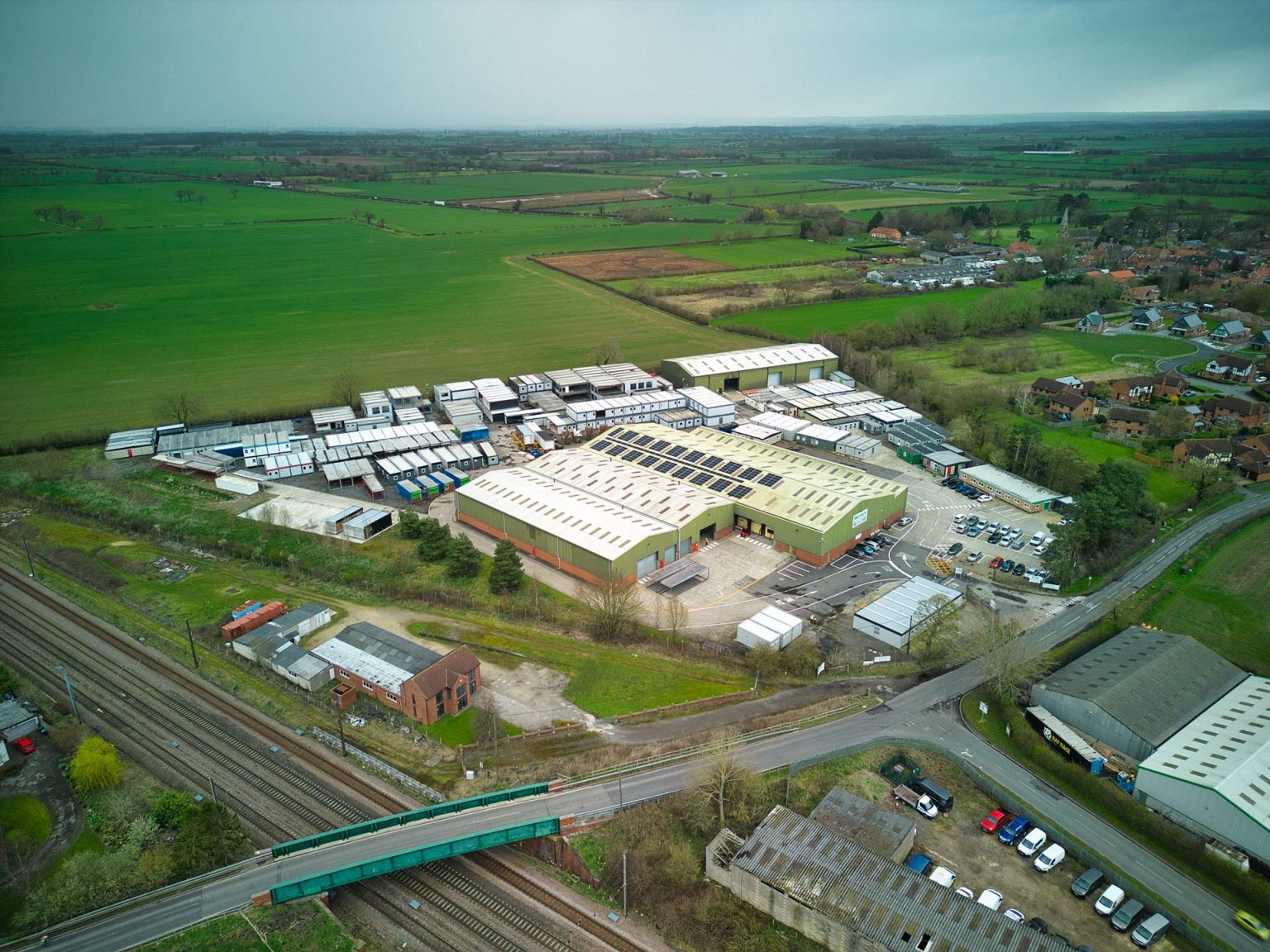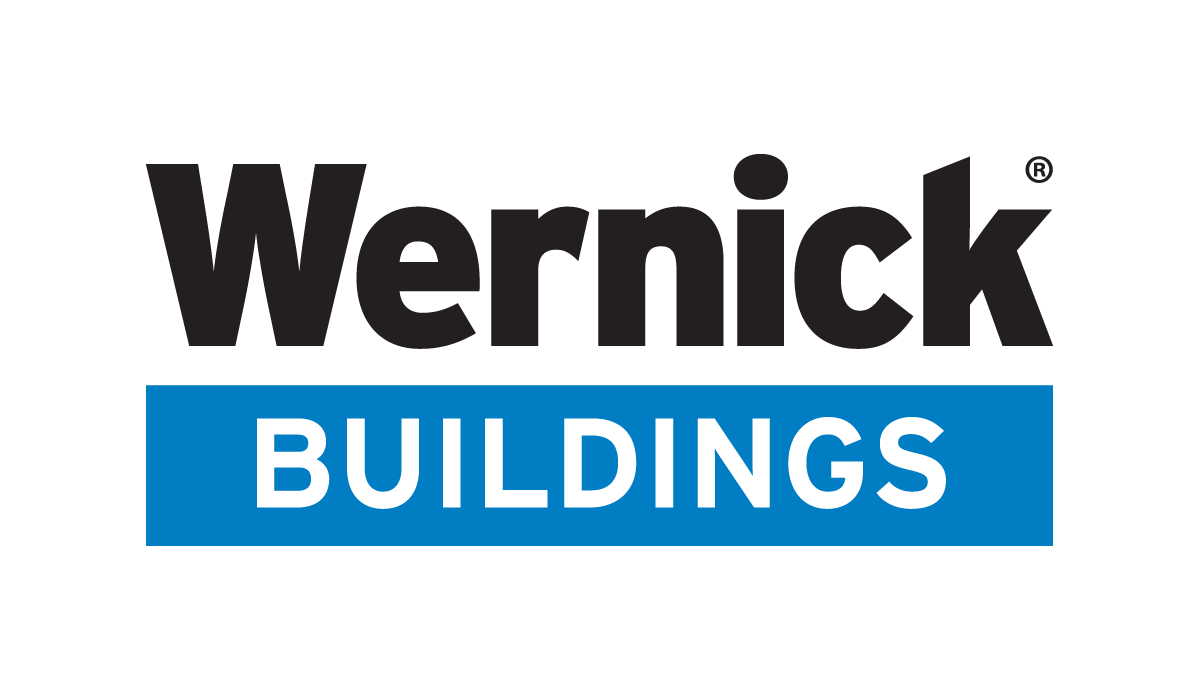 Add My Company
Add My Company

In a world increasingly focused on sustainable practices, the concept of a circular economy has gained importance. But what exactly does it mean? At Wernick Refurbished Buildings, the circular economy is not just a saying, it’s a fundamental principle that guides our commitment to environmental responsibility.
What does circular economy mean?
The circular economy is a system that revolves around reusing, refurbishing and recycling existing materials and ensuring they never reach the dreaded status of waste. Unlike traditional linear models, where materials end up in landfills, it establishes a continuous loop, promoting sustainable production and consumption.
How it works at Wernick Refurbished Buildings
At Wernick Refurbished Buildings, our circular process involves transforming pre-owned modular buildings at the end of their life cycle. We strip them down to their steel frames and turn them into revitalised modular structures. Remarkably, 30% to 50% of the original materials remain within a refurbished modular building. Where materials can’t be directly reused, 100% of these are either repurposed, recycled or recovered locally.

How it works in modular construction
Embracing circular economy principles aligns seamlessly with modular construction, a process conducted offsite in a controlled factory environment. This approach not only ensures precision and efficiency but also minimises waste. Our waste stream is managed in collaboration with our waste stream provider, meaning it’s tightly controlled and waste is systematically recovered. The flexibility of modular buildings allows for relocation to another site after use, extending their life cycle and embodying the essence of circularity.
The graph on the left represents the amount of carbon produced during the life cycle of a modular building compared to a traditional building.

The whole business model for Wernick Refurbished Buildings is dedicated to circular economy practices, focusing on the refurbishment of pre-owned modular buildings to minimise environmental impact whilst extending the life of an average modular unit by up to 30 years. In light of the current climate issues, it is increasingly important for companies to shift to a circular business model.
For more information on Circular economy practices in modular construction talk to Wernick Buildings Ltd
